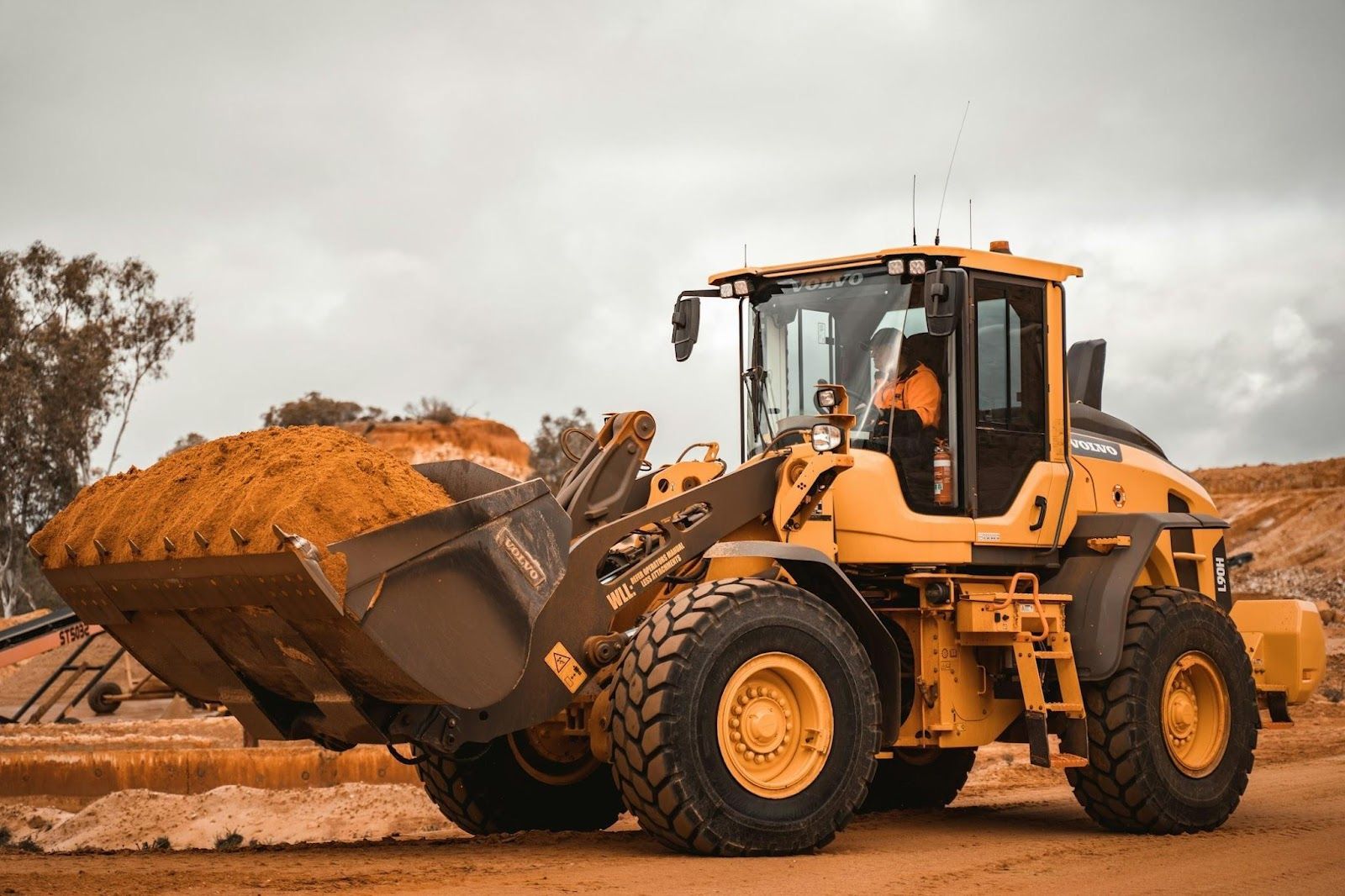Do you use any of these?
Why do we say ‘kick the bucket’? Discover 12 idioms with morbid origins
Published on July 20, 2025
 Credit: Soroush Alavi
Credit: Soroush Alavi
We use a lot of strange phrases without thinking twice, but some have surprisingly grim origins. Ever say someone "kicked the bucket" or "bit the dust"? These everyday expressions sound harmless, but have more somber roots. Take a look at 12 of these idioms. Do you use any of these?
Baker's Dozen
 Credit: Yeh Xintong
Credit: Yeh Xintong
In 13th-century Britain, bakers risked losing a hand if they sold underweight bread, according to the Assize of Bread and Ale under Henry III. To avoid punishment, they often added a little extra to each order.
When selling 12 loaves, bakers would include a 13th—called a "vantage" loaf. This became what is now known as "a baker’s dozen".
As Pleased As Punch
 Credit: Carlos Martinez
Credit: Carlos Martinez
Saying you're "as pleased as punch" sounds cheerful, but it has dark roots. The phrase comes from Punch of Punch and Judy puppet shows, who gleefully committed violent acts.
Popular in 17th-century England, these shows featured Punch killing his family and others with a slapstick, laughing after each act.
Meeting A Deadline
 Credit: Towfiqu barbhuiya
Credit: Towfiqu barbhuiya
The phrase "meet a deadline" might sound stressful today, but its origins are far darker. During the Civil War, the "deadline" referred to a boundary at Andersonville Prison, where Union soldiers were held.
This line, 20 feet inside the outer wall, was meant to prevent escapes. Any prisoner who crossed it was shot by guards in pigeon roosts. The term came from this deadly boundary, where crossing meant certain death.
A Blockbuster
 Credit: Krists Luhaers
Credit: Krists Luhaers
Today, a "blockbuster" refers to a huge commercial hit, but the term originally described powerful bombs from World War II.
The British Royal Air Force used blockbusters, massive cylinders filled with explosives, capable of destroying entire streets. It wasn’t until 1957, nearly a decade after the war, that the term shifted to describe big entertainment successes.
Bulldozer
 Credit: Zac Edmonds
Credit: Zac Edmonds
The phrase "to bulldoze" someone means to force or bully them, but its origins are much harsher. First used in 1876, "bull dose" referred to brutally whipping or beating someone, similar to how a bull might be punished.
By 1880, "bulldoze" became a verb, and eventually, the heavy machinery designed to push through obstacles was named a bulldozer.
Sinister
 Credit: Kelly Sikkema
Credit: Kelly Sikkema
The word "sinister" comes from the Latin sinister, meaning "left" or "on the left side." By the 15th century, left-handedness was associated with evil, often linked to witches and the devil.
Because of this stigma, left-handed people were forced to use their right hands. Today, however, we know that being left-handed doesn’t make anyone sinister, and many renowned thinkers, like Leonardo da Vinci and Benjamin Franklin, were left-handed.
Mad as a hatter
 Credit: Héctor J. Rivas
Credit: Héctor J. Rivas
The Mad Hatter from Alice’s Adventures in Wonderland is famous for his colorful personality, but his madness has historical roots. In the 18th and 19th centuries, hat-makers, known as "hatters," often suffered from mercury poisoning due to their work with the chemical.
This poisoning led to mental deterioration, giving rise to the idea of the "mad" hatter, a term that Carroll cleverly incorporated into his character.
Pulling my leg
 Credit: Jamie Waynick
Credit: Jamie Waynick
Today, "pulling your leg" means joking or fooling around, but it once had a much darker meaning: in 19th-century London, thieves would pull people’s legs to drag them down before stealing their belongings.
This tactic was commonly used by robbers, turning what is now a lighthearted phrase into a serious crime.
Bite the bullet
 Credit: danilo.alvesd
Credit: danilo.alvesd
In the world of films, we often see characters drinking whiskey before a quick surgery or amputation. But in real battlefields, soldiers didn’t have that option.
Instead, they would bite down on a bullet from the ground or their weapon to help endure the pain during medical procedures.
God bless you
 Credit: Towfiqu barbhuiya
Credit: Towfiqu barbhuiya
The phrase "God bless you" after a sneeze has several theories behind it. One theory links it to preventing the plague, while another suggests it’s a way of ensuring the soul stays in the body during a sneeze.
Kick the bucket
 Credit: Lucas van Oort
Credit: Lucas van Oort
The phrase "kick the bucket" means to die and has been used since the 18th century. One theory connects it to the Catholic tradition of placing a bucket of holy water by the feet of the deceased for mourners to sprinkle.
Another theory suggests the term comes from 16th-century England, where "bucket" referred to a beam. When animals were hanged for slaughter, they would kick the beam as they died, giving rise to the idiom.
Bite the dust
 Credit: Taylor Brandon
Credit: Taylor Brandon
The phrase "bite the dust" likely originated in the 19th-century Old West, referring to gunfights and battles. It paints a vivid picture of someone falling to the ground and biting the dust after being struck by a fatal wound.
Over time, the expression broadened, and now it simply signifies someone’s death or defeat, no longer tied specifically to gunfights.












